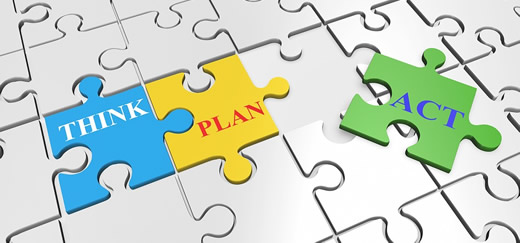From scouting venues and setting up registrations to choosing vendors and negotiating deals, professional event planners are constantly juggling a variety of tasks. By utilizing the following tips, however, you can get more work done in less time.
Online Invitations and Registrations
Are you still using paper invitations and registrations for your events? If so, you should consider making the switch to “e-vites” and online registrations. Conventional wisdom should tell you that it’s easier to email invitations. Furthermore, both e-vites and online registrations offer analytics, meaning you can see exactly how many guests have RSVP’d and/or purchased tickets in real-time. For a list of the top free and open-source event management software, check out this post by Capterra.
Remove Distractions
According to a study conducted by researchers at the University of California, Irvine, it takes the average person 23 minutes and 15 seconds to recover from a distraction. Whether you work at home, in an office or elsewhere, eliminate all possible distractions from your environment. Some of the most common work-related distractions for event planners includes email (limit the number of times you check your inbox), social media, texting, gossip and noise.
Work in the Morning
The early bird really does get the worm. A study conducted by Harvard Business Review found that early-risers are more productive than their night-owl counterparts. If you want to get more done, try setting your alarm for earlier in the morning. Granted, you won’t be able to perform all of your work in the early morning hours. Tasks like checking venues and meeting with vendors, for instance, may require a later time — and that’s okay. Other tasks like responding to emails and selecting entertainment can certainly be done in the morning.
Set Reminders
Event planners should also set reminders for important activities and meetings. If your forget a meeting with a vendor, you’ll have to reschedule it for another date/time, which takes additional work. Assuming you own a smartphone (and I’m guessing that you do), you can prevent this from happening by setting reminders.
Batching
Professional event planners can also boost their productivity by “batching.” Basically, this is a time management strategy that emphasizes maximum concentration on a single group of similar tasks. It’s a common assumption that multi-tasking yields a high level of productivity. However, studies have shown this isn’t the cast. In fact, a study cited by Forbes found the opposite to be true: multitasking reduces productivity. Through batching, event planners can perform more work while still focusing on similar tasks.
